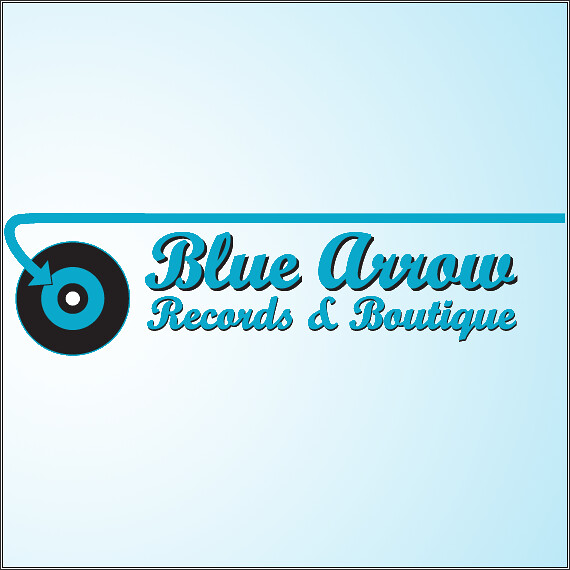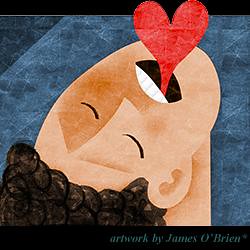Alexis Petridis on the best Jonathan Richman tracks
Friday July 20, 2007
The Guardian (http://arts.guardian.co.uk/filmandmusic/story/0,,2130109,00.html)
In 1991, Jonathan Richman was prevailed upon to provide a sleevenote for his new album, Having a Party With Jonathan Richman. "Once in a while a record comes along that is such a departure from the normal style of a singer that some explanation is in order," he grandly began. "This record is not one of those. As far as I can tell, the style of singing, the melodies and the lyrics are a lot like what I've been doing for the last 10 years."
You couldn't fault him for honesty, even if his timekeeping was a little out: it was a lot like every other album Jonathan Richman had made since 1976 and it's not vastly different to those he's released in the subsequent 15 years. Devotees can spend hours discussing the more pensive tone of 1995's You Must Ask the Heart compared to the more straightforward exuberance of the preceding I, Jonathan, but to the untrained ear, they all sound much the same: simple three-chord songs, sparsely arranged, with lyrics that are either whimsical or touching, sung with utter sincerity in Richman's distinctively adenoidal voice. Even when he sings in Spanish (1994's Jonathan, Te Vas A Emocionar!) or employs a crack team of Nashville musicians to back him (1990's Jonathan Goes Country), it all just sounds like Jonathan Richman. With his latterday career, you either get it or you don't.
The same is not true of his earliest recordings. Cobbled together in 1976 from various early 70s demos, The Modern Lovers is one of the all-time great debut albums: a ferocious, unimpeachable collection of nakedly emotional Velvet Underground-inspired rock. To understand how bravely out of step the original Modern Lovers were, hear Live at the Longbranch and More, or Precise Modern Lovers Order, both recorded before audibly bewildered audiences between 1971 and 1973: Richman's a cappella set-closer, Don't Let Our Youth Go to Waste remains almost unbearably moving.
By the time their demos were released, the original Modern Lovers had broken up: the band that now bore their name had largely ditched the angst of old in favour of rough, acoustic rock'n'roll and childlike songs about abominable snowmen and Martians. 1977's Rock and Roll With the Modern Lovers is notable both for Richman's biggest hit, the instrumental Egyptian Reggae, and for its bizarre sound quality, the result of recording in the studio toilets. A budget compilation, Roadrunner, mops up B-sides and compilation tracks, among them the eight-minute acoustic version of Roadrunner.
From then on, you can pretty much take your pick. The albums he recorded after signing to Neil Young's Vapour label in 1996 have a slightly fuller sound, while frustratingly, all the albums from his 80s purple patch - Jonathan Sings!, Rockin' and Romance, It's Time for Jonathan Richman and the Modern Lovers and Modern Lovers '88 - are long out of print. Richman's curious habit of blithely rerecording songs he has already released means you don't have to resort to eBay to hear the magical When I Dance (it turned up again on 1998's I'm So Confused), or his exuberant tribute to Vincent van Gogh - "the baddest painter since Jan Vermeer!" - which reappeared on his most recent album, 2004's Not So Much to Be Loved As to Love. That said, a lot of great tracks are still missing in action.
Wednesday, August 1
Subscribe to:
Post Comments (Atom)




No comments:
Post a Comment